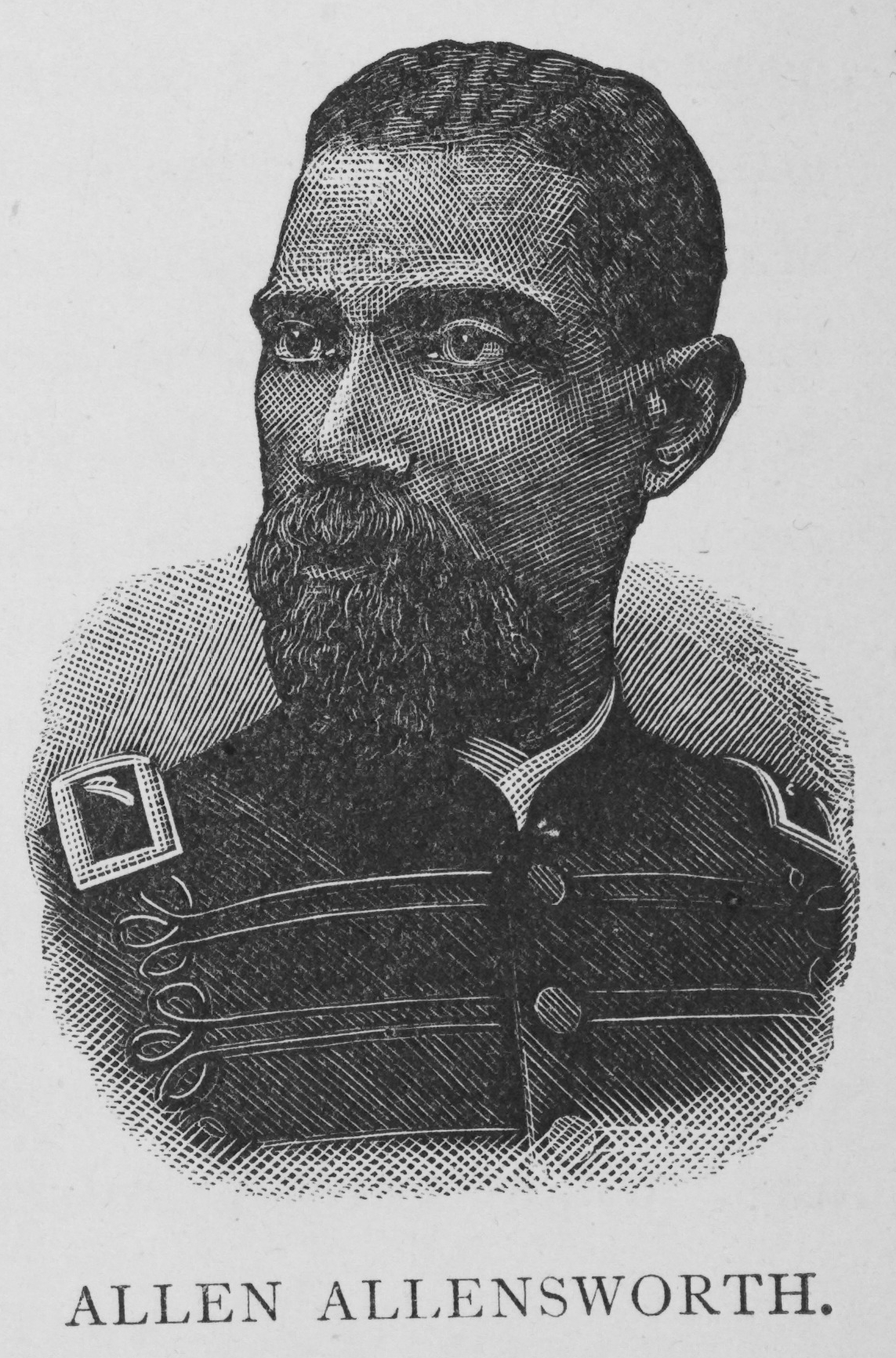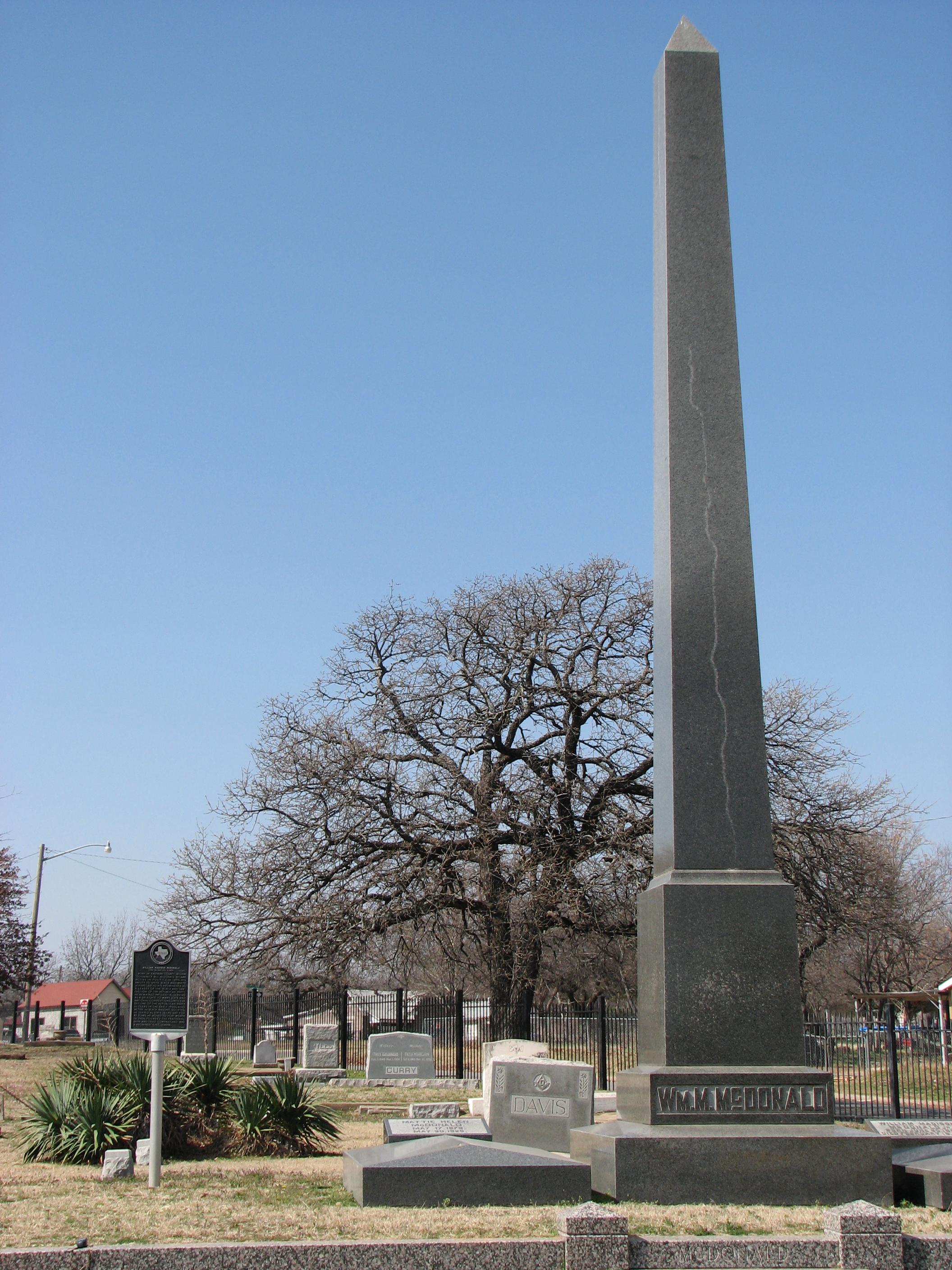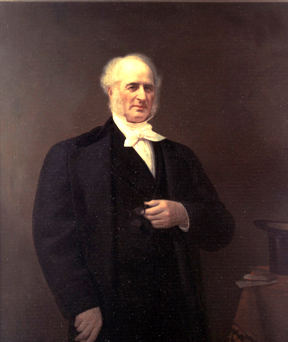|
Roger Williams University (Nashville, Tennessee)
Roger Williams University in Nashville, Tennessee was a historically black college. It was founded in 1866 as the Nashville Normal and Theological Institute by the American Baptist denomination, which established numerous schools and colleges in the South. Renamed for Roger Williams, the founder of the First Baptist Church in America, it became the largest Baptist college in the area for educating African Americans. It was founded in a period when Protestant mission groups sponsored numerous educational facilities for freedmen in the South. By 1874, the college occupied a 28-acre site on a knoll near Hillsboro Pike. In 1905, its buildings were destroyed by two fires of suspicious origin, which led it to close. In 1908, it opened with a new campus at a different location. By 1922, there were only 159 students and 12 faculty members. On July 12, 1927, the decisions was made to merge with Howe Institute in Memphis. The students and teachers left for Memphis on December 29, 1929. H ... [...More Info...] [...Related Items...] OR: [Wikipedia] [Google] [Baidu] |
American Baptist Home Mission Society
The American Baptist Home Mission Society is a Christian missionary society. Its main predecessor the Home Mission Society was established in New York City in 1832 to operate in the American frontier, with the stated mission "to preach the Gospel, establish churches and give support and ministry to the unchurched and destitute.""Where we come from" , American Baptist Home Mission Societies, accessed 25 Aug 2010 In the 19th century, the Society was related to the Triennial Convention of Baptists. Today it is part of that Convention's successor, the |
Colony Of Rhode Island And Providence Plantations
The Colony of Rhode Island and Providence Plantations was one of the original Thirteen Colonies established on the east coast of America, bordering the Atlantic Ocean. It was founded by Roger Williams. It was an English colony from 1636 until 1707, and then a colony of Great Britain until the American Revolution in 1776, when it became the State of Rhode Island. Early America The land that became the English colony was first home to the Narragansett Indigenous Peoples, which led to the name of the modern town of Narragansett, Rhode Island. European settlement began around 1622 with a trading post at Sowams, now the town of Warren, Rhode Island. Roger Williams was a Puritan theologian and linguist who founded Providence Plantations in 1636 on land given to him by Narragansett sachem Canonicus. He was exiled under religious persecution from the Massachusetts Bay Colony; he and his fellow settlers agreed on an egalitarian constitution providing for majority rule "in civi ... [...More Info...] [...Related Items...] OR: [Wikipedia] [Google] [Baidu] |
Elijah P
Elijah ( ; he, אֵלִיָּהוּ, ʾĒlīyyāhū, meaning "My God is Yahweh/YHWH"; Greek form: Elias, ''Elías''; syr, ܐܸܠܝܼܵܐ, ''Elyāe''; Arabic: إلياس or إليا, ''Ilyās'' or ''Ilyā''. ) was, according to the Books of Kings in the Hebrew Bible, a prophet and a miracle worker who lived in the northern kingdom of Israel during the reign of King Ahab (9th century BCE). In 1 Kings 18, Elijah defended the worship of the Hebrew God over that of the Canaanite deity Baal. God also performed many miracles through Elijah, including resurrection, bringing fire down from the sky, and entering heaven alive "by fire". 2 Kings 2:11 He is also portrayed as leading a school of prophets known as "the sons of the prophets". Following his ascension, Elisha, his disciple and most devoted assistant, took over his role as leader of this school. The Book of Malachi prophesies Elijah's return "before the coming of the great and terrible day of the ", making him a harbinger o ... [...More Info...] [...Related Items...] OR: [Wikipedia] [Google] [Baidu] |
Betty Hill (civil Rights Leader)
Betty Hill (1876–1960) was an early 20th-century civil rights and women’s rights leader. Her efforts were significant in making certain that segregation and racial discrimination were unable to gain a foothold in Southern California as they did in the South. Early life Betty Hill was born Rebecca Jane Lapsley around 1876 in Nashville, Tennessee. Her father built the first school for African Americans in Davidson County, Tennessee. It is believed that her grandfather purchased his wife out of slavery. She attended her father's school and later attended public school in Nashville. She studied religion at Roger Williams University, an all-black institution in Nashville that was founded in 1866. It originally opened as a college for ex-slaves, and one of its founders was her (probable) uncle Daniel L. Lapsley, an attorney and justice of the peace who was forced to leave the state due to racial persecution. Roger Williams University was closed in 1905, reopened in 1909, and merged ... [...More Info...] [...Related Items...] OR: [Wikipedia] [Google] [Baidu] |
Newell Houston Ensley
Newell Houston Ensley (August 23, 1852 – May 23, 1888) was an American Baptist minister and civil rights activist. He was a professor at Shaw University, Howard University, and Alcorn University. Early life Newell Houston Ensley was born a slave in Nashville, Tennessee on August 23, 1852 to George and Clara Ensley. His family was owned by his mother's father and Ensley was allowed to play with the white children on the farm and was taught to read and write. Both of his parents were also literate. He was a buggy boy, servant, and rent collector to his grandfather. While still a child during the American Civil War (1861–1865), Ensley ran away and hid in Union Army camps that were nearby until the Army moved on and he returned to the farm where he received a whipping. In spite of this, Ensley remained on the farm after the war was over and the abolition of slavery. After the Civil War, he was a paid worker for his grandfather, until the grandfather's death in 1866. His mother ... [...More Info...] [...Related Items...] OR: [Wikipedia] [Google] [Baidu] |
Allen Allensworth
Allen Allensworth (7 April 1842 – 14 September 1914) was an American chaplain, colonel, city founder, and theologian. Born into slavery in Kentucky, he escaped during the American Civil War by joining the 44th Illinois Volunteers as a Union soldier. After being ordained as a Baptist minister, he worked as a teacher, led several churches, and was appointed as a chaplain in the United States Army. In 1886, he gained appointment as a military chaplain to a unit of Buffalo Soldiers in the West, becoming the first African American to reach the rank of lieutenant colonel. He served in the US Army for 20 years, retiring in 1906. Allensworth was a prolific public speaker, embarking on a speaking tour with the goal of inspiring Black youth. His lectures included ''Five Manly Virtues Exemplified'', ''The Battle of Life and How to Fight It'', and ''Character and How to Read It.'' While on tour in Pasadena, he met Professor William Payne, with whom he later founded Allensworth, Califor ... [...More Info...] [...Related Items...] OR: [Wikipedia] [Google] [Baidu] |
Historically Black Colleges And Universities
Historically black colleges and universities (HBCUs) are institutions of higher education in the United States that were established before the Civil Rights Act of 1964 with the intention of primarily serving the African-American community. Most of these institutions were founded in the years after the American Civil War and are concentrated in the Southern United States. During the period of segregation prior to the Civil Rights Act, the majority of American institutions of higher education served predominantly white students, and disqualified or limited black American enrollment. For a century after the end of slavery in the United States in 1865, most colleges and universities in the Southern United States prohibited all African Americans from attending, while institutions in other parts of the country regularly employed quotas to limit admissions of Black people. HBCUs were established to provide more opportunities to African Americans and are largely responsible for esta ... [...More Info...] [...Related Items...] OR: [Wikipedia] [Google] [Baidu] |
LeMoyne–Owen College
LeMoyne–Owen College (LOC or "LeMoyne-Owen") is a private historically black college affiliated with the United Church of Christ and located in Memphis, Tennessee. It resulted from the 1968 merger of historically black colleges and other schools established by northern Protestant missions during and after the American Civil War. History LeMoyne Normal and Commercial School was founded in 1862, when the American Missionary Association (AMA) sent Lucinda Humphrey to open an elementary school at Camp Shiloh (Tennessee) for free blacks and escaped slaves. This was one of more than ten schools founded by the AMA, an integrated organization led by black and white Congregational, Methodist and Presbyterian ministers. The school was established soon after the occupation of Memphis by Federal troops during the Civil War; they were based at Camp Shiloh outside the city limits to the south. First known as Lincoln Chapel, the school relocated into Memphis proper in 1863 from south of the ... [...More Info...] [...Related Items...] OR: [Wikipedia] [Google] [Baidu] |
Stock Market Crash Of 1929
The Wall Street Crash of 1929, also known as the Great Crash, was a major American stock market crash that occurred in the autumn of 1929. It started in September and ended late in October, when share prices on the New York Stock Exchange collapsed. It was the most devastating stock market crash in the history of the United States, when taking into consideration the full extent and duration of its aftereffects. The Great Crash is mostly associated with October 24, 1929, called ''Black Thursday'', the day of the largest sell-off of shares in U.S. history, and October 29, 1929, called ''Black Tuesday'', when investors traded some 16 million shares on the New York Stock Exchange in a single day. The crash, which followed the London Stock Exchange's crash of September, signaled the beginning of the Great Depression. Background The "Roaring Twenties", the decade following World War I that led to the crash, was a time of wealth and excess. Building on post-war optimism, rural Ameri ... [...More Info...] [...Related Items...] OR: [Wikipedia] [Google] [Baidu] |
William Madison McDonald
William Madison McDonald (June 22, 1866 – July 5, 1950), nicknamed "Gooseneck Bill", was an American politician, businessman, and banker of great influence in Texas during the late nineteenth century. Part of the Black and Tan faction, by 1892 he was elected to the Republican Party of Texas's state executive committee, as temporary chairman in 1896, and as permanent state chairman in 1898. During this period, McDonald was also elected as top leader of two black fraternal organizations, serving as Grand Secretary of the state's black Masons for 50 years. In 1906 he founded Fort Worth's first African-American-owned bank as an enterprise of the state Masons; under his management, the bank survived the Great Depression. The black chapters of Masons banked with him, McDonald made loans to black businessmen, and he became probably the first black millionaire in Texas. Early life and education Named after William Shakespeare and James Madison, William Madison McDonald was born on J ... [...More Info...] [...Related Items...] OR: [Wikipedia] [Google] [Baidu] |
Vanderbilt University
Vanderbilt University (informally Vandy or VU) is a private research university in Nashville, Tennessee. Founded in 1873, it was named in honor of shipping and rail magnate Cornelius Vanderbilt, who provided the school its initial $1-million endowment in the hopes that his gift and the greater work of the university would help to heal the sectional wounds inflicted by the Civil War. Vanderbilt enrolls approximately 13,800 students from the US and over 100 foreign countries. Vanderbilt is classified among "R1: Doctoral Universities – Very high research activity". Several research centers and institutes are affiliated with the university, including the Robert Penn Warren Center for the Humanities, the Freedom Forum First Amendment Center, and Dyer Observatory. Vanderbilt University Medical Center, formerly part of the university, became a separate institution in 2016. With the exception of the off-campus observatory, all of the university's facilities are situated on its ... [...More Info...] [...Related Items...] OR: [Wikipedia] [Google] [Baidu] |
Peabody College
Vanderbilt Peabody College of Education and Human Development (also known as Vanderbilt Peabody College, Peabody College, or simply Peabody) is the education school of Vanderbilt University, a private research university in Nashville, Tennessee. The school offers undergraduate, master's, and doctoral degrees in more than 30 programs. Peabody College's faculty are organized across five departments and include researchers in education, psychology, and human development. The college was ranked fifth among U.S. graduate schools of education in the 2023 rankings by ''U.S. News & World Report.'' Founded in 1875, Peabody had a long history as an independent institution before merging with Vanderbilt University in 1979. The school is located on the Peabody Campus of Vanderbilt University in Nashville. The academic and administrative buildings surround the Peabody Esplanade and are southeast of Vanderbilt's main campus. History Early years Peabody College traces its history to 178 ... [...More Info...] [...Related Items...] OR: [Wikipedia] [Google] [Baidu] |






